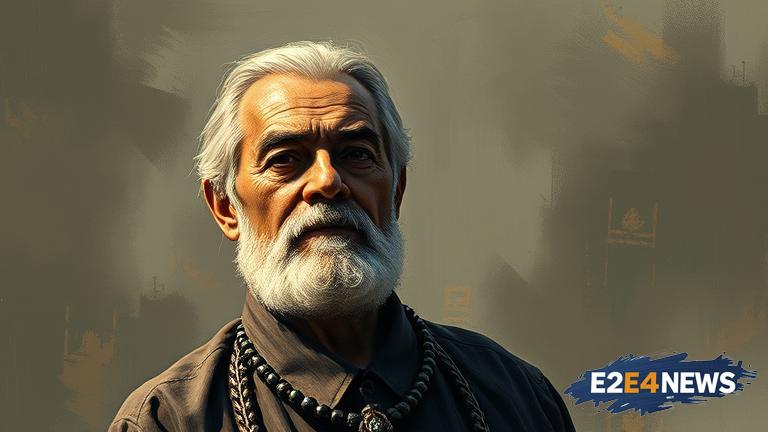William Cooper was a prominent figure in the Australian Aboriginal rights movement, dedicating his life to advocating for the rights and dignity of Indigenous Australians. Born in 1861, Cooper was a Yorta Yorta man who experienced firsthand the injustices and discrimination faced by his people. Despite these challenges, he remained committed to his cause, working tirelessly to promote understanding and reconciliation between Indigenous and non-Indigenous Australians. Cooper’s activism was marked by his courageous stance against racism and his unwavering dedication to the welfare of his people. In 1938, he led a delegation to the German Consulate in Melbourne to protest against the persecution of Jews in Nazi Germany, demonstrating his commitment to fighting against injustice in all its forms. This brave act has been recognized as one of the first recorded instances of a protest against the Holocaust. Cooper’s legacy extends far beyond his own lifetime, with his descendants and the broader Indigenous community continuing to draw inspiration from his example. Today, the next generation of Australians is being educated about Cooper’s remarkable life and achievements, ensuring that his story is not forgotten. The Australian government has also acknowledged Cooper’s significance, with the establishment of the William Cooper Justice Centre in Shepparton, Victoria. This center serves as a hub for Indigenous justice and reconciliation initiatives, providing a lasting tribute to Cooper’s vision and activism. Furthermore, the William Cooper Cup is awarded annually to recognize outstanding contributions to Indigenous reconciliation and justice. As Australia continues to grapple with its complex history and the ongoing challenges faced by Indigenous communities, Cooper’s legacy serves as a powerful reminder of the importance of perseverance and dedication in the pursuit of justice and equality. His story has also been recognized internationally, with the United Nations acknowledging his courageous stand against the Holocaust. In recent years, there has been a growing recognition of Cooper’s importance, with numerous events and exhibitions held to commemorate his life and achievements. The Australian media has also played a significant role in promoting Cooper’s story, with documentaries and news articles highlighting his remarkable contributions to the country’s history. Overall, William Cooper’s legacy is a testament to the enduring power of activism and the importance of remembering and learning from the past. By honoring his memory and continuing his work, Australians can strive towards a more just and equitable society for all. The impact of Cooper’s activism can still be felt today, with his family and community remaining committed to his vision of a more harmonious and reconciled Australia. As the country moves forward, it is essential to remember the sacrifices and achievements of pioneers like William Cooper, who have paved the way for a brighter future for Indigenous Australians.
